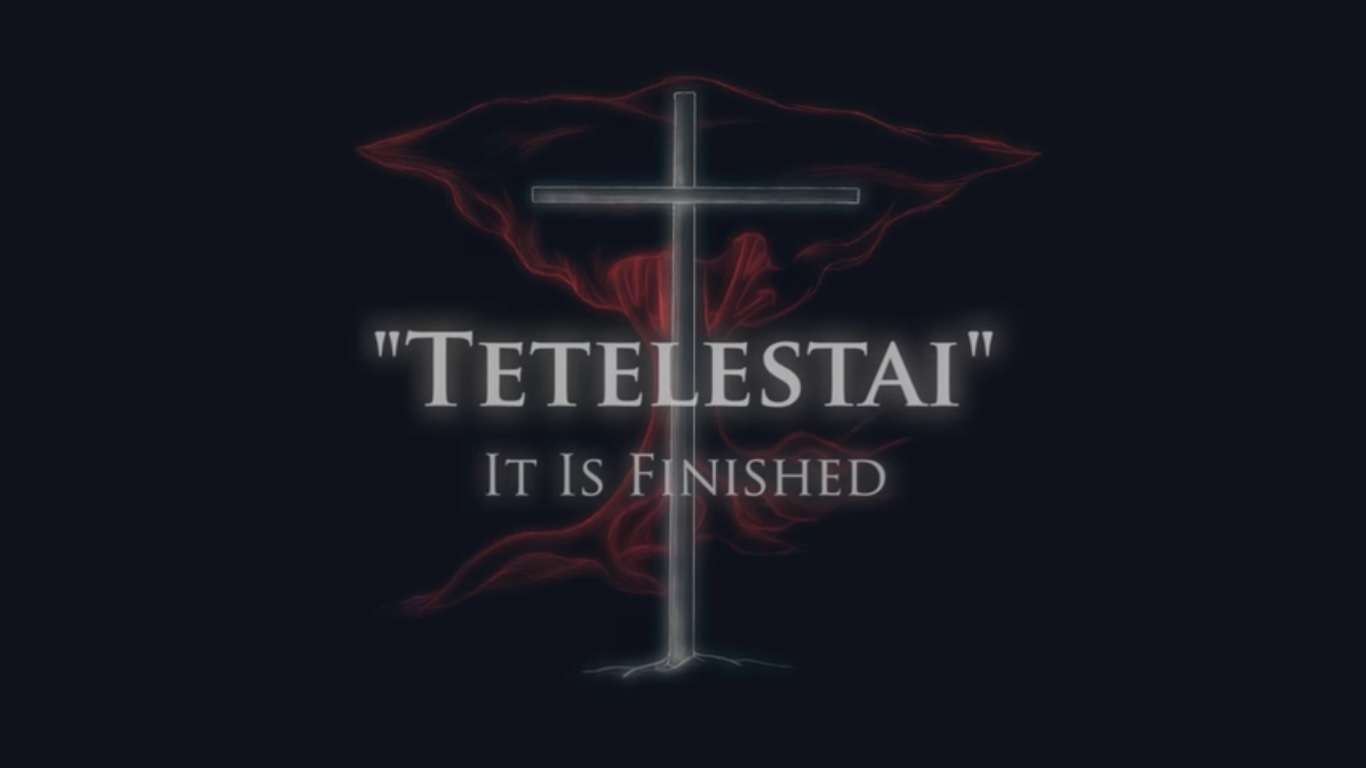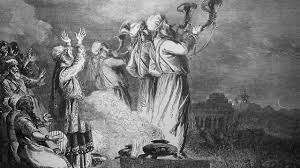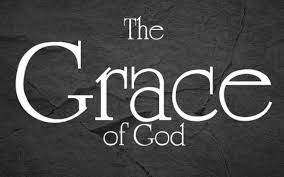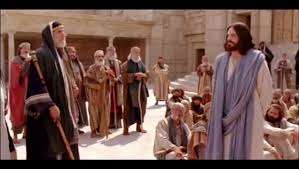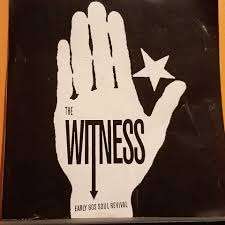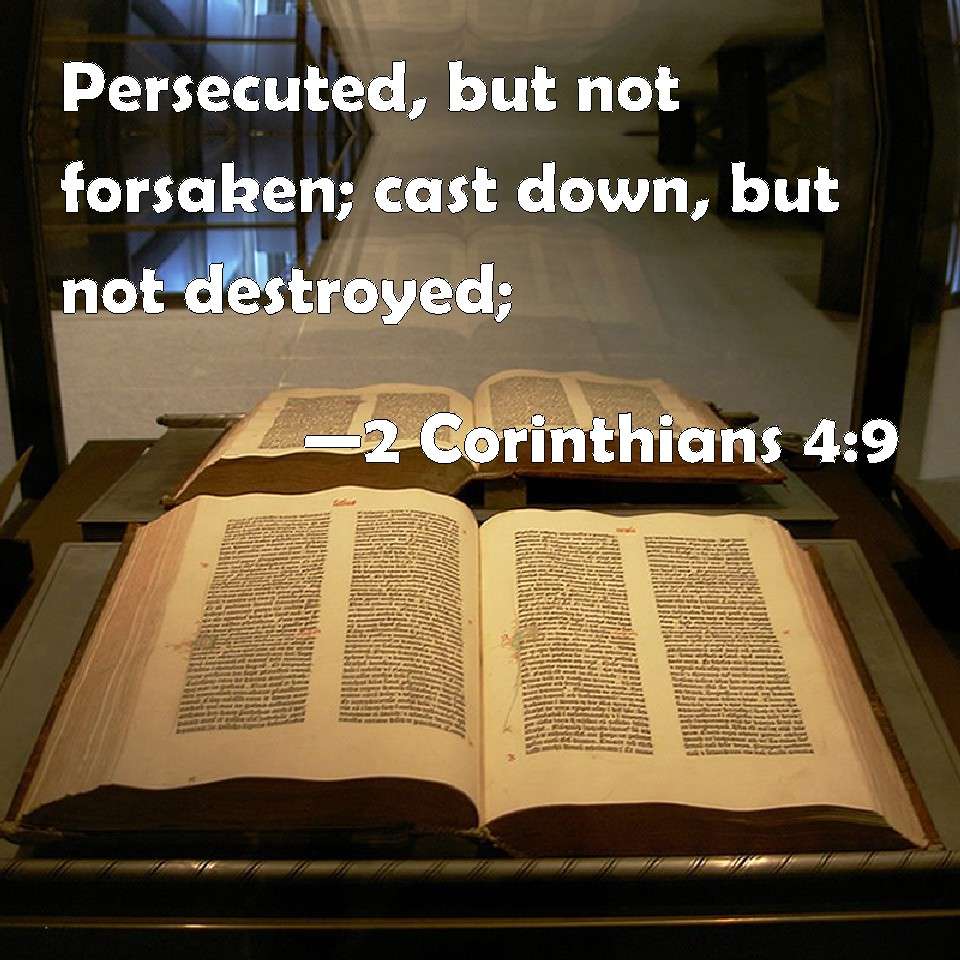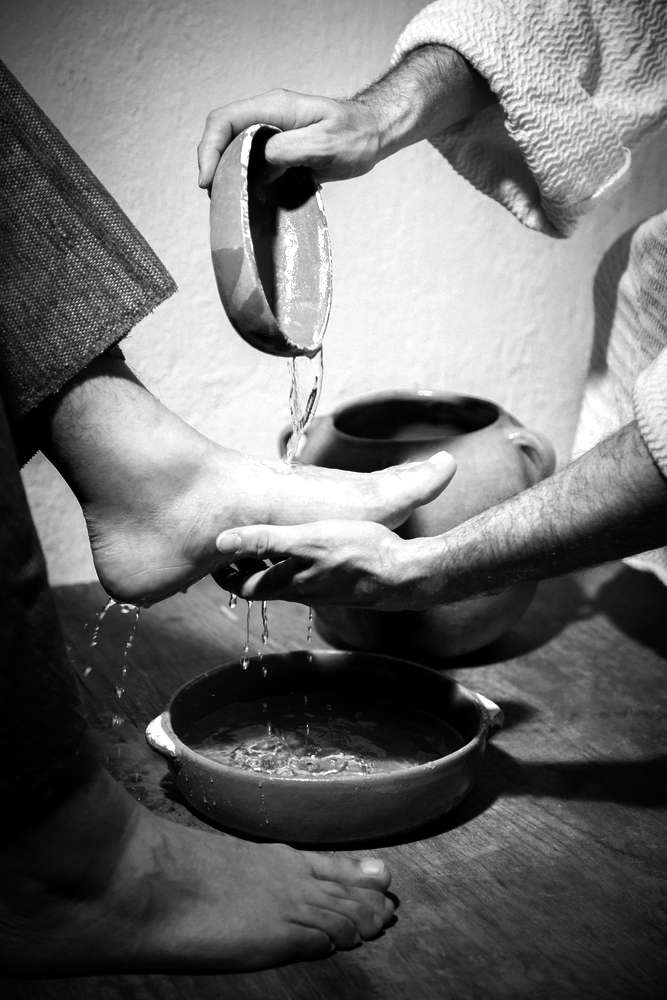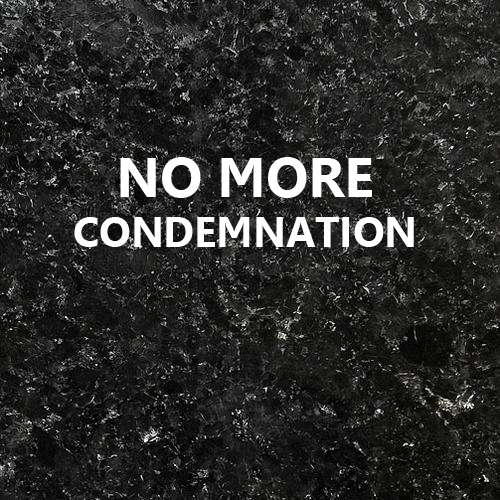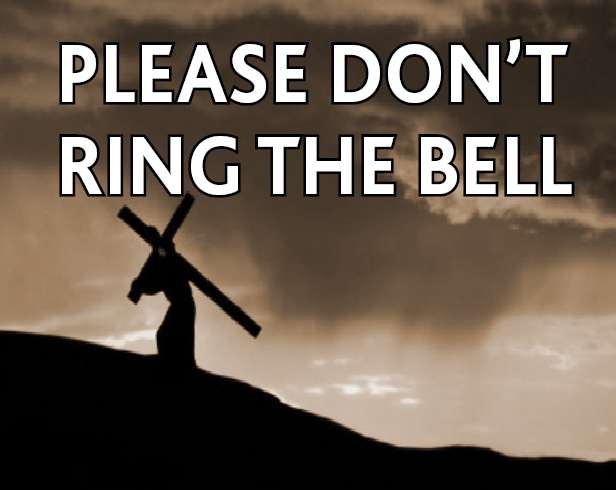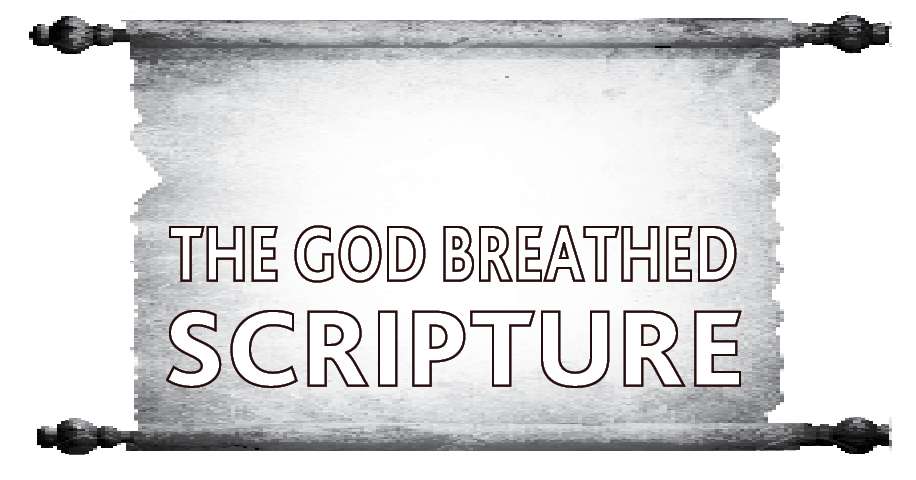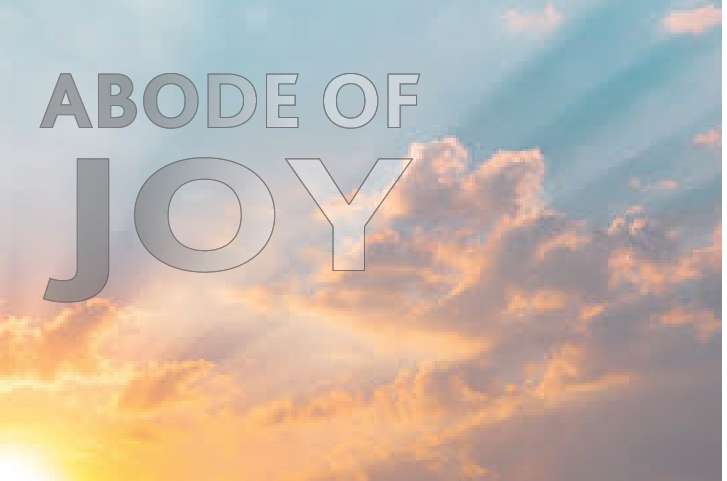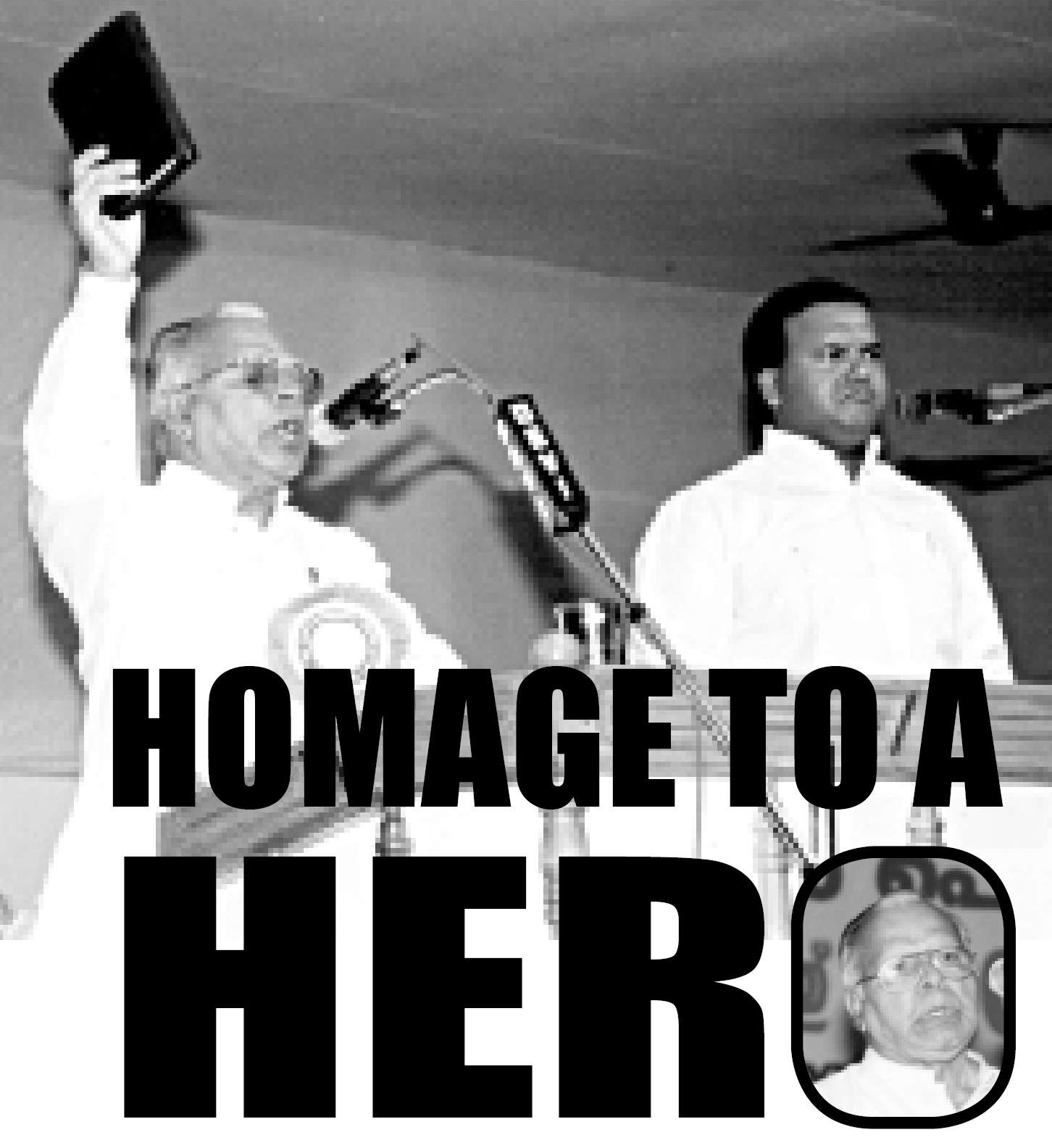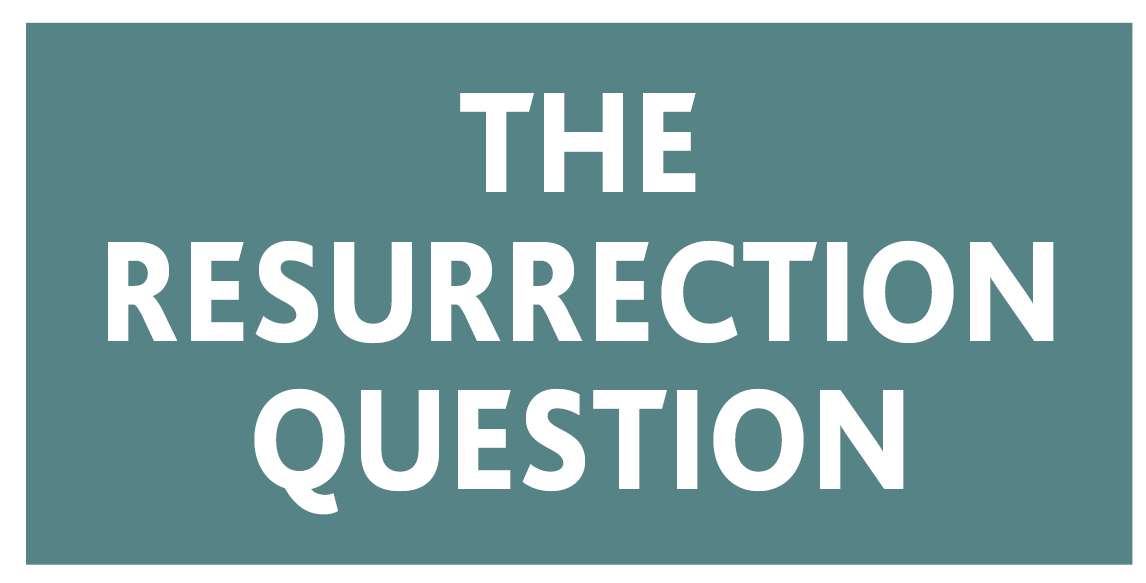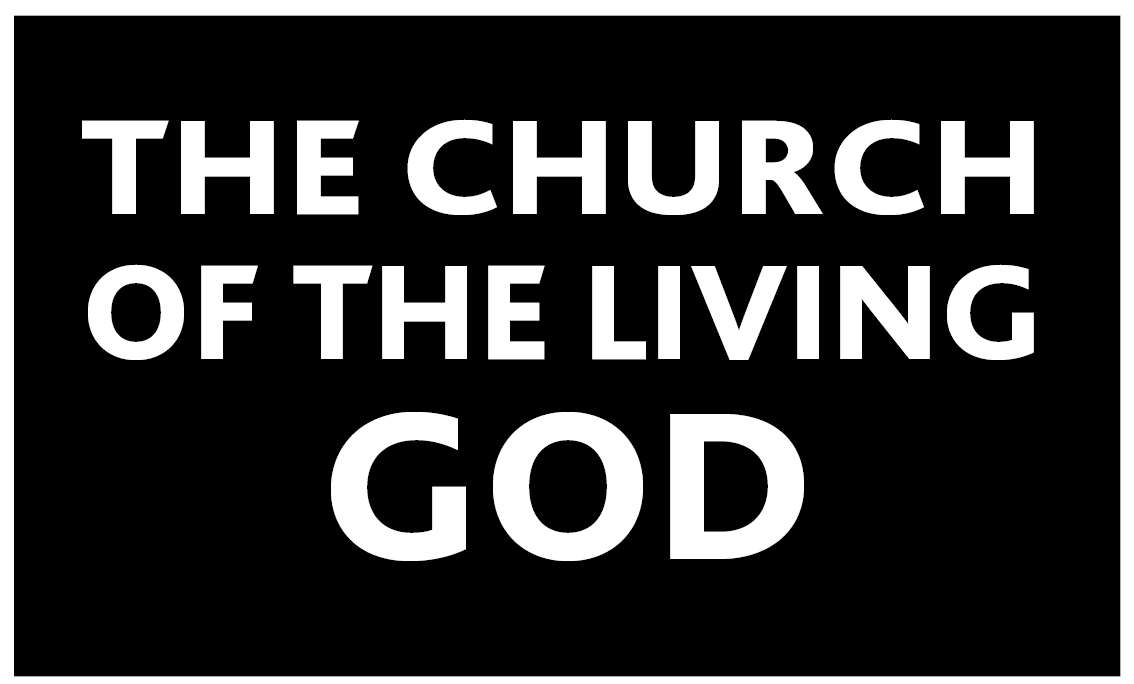

The Seven Last Words
Dr. John K. Mathew
The Gospels devote a large amount of space to the passive narrative and this in itself shows the great importance they attach to it. John, a disciple and an eye witness of the death of Christ relates how Pilate passed the death sentence to Jesus. It reads, “Finally, Pilate handed Him over to them to be crucified. So the soldiers took charge of Jesus. Carrying His own cross He went out to the place of the skull, which in Aramaic is called Golgotha. Here they crucified Him, and with Him two others – one on each side and Jesus in the middle”.
Crucifixion was Roman’s punishment for slaves, foreigners, and criminals who were not Roman citizens. It was the most agonizing and ignominious death a cruel age could devise. Nails were driven through the hands and feet, and the victim was left hanging there in agony, starvation, insufferable thirst and excruciating convulsions of pain. Death usually followed in four to six days. In Jesus’ case it was over in six hours. Before His last breath, Jesus made seven utterances from the cross, which has long been a traditional element in Christian devotion. It contains prayer, promise, provision and presentation. Henry H. Halley, provides a chronological account of the seven sayings which is spread among the four Gospels, as follows: “Father, forgive them; they know not what they do.” It is hard for us to control our anger for His murderers even as we read about it. But He was absolutely without resentment. Amazing self control! “Today thou shalt be with me in paradise”. He said this to the penitent robber.
Both robbers at first joined in the mockery. But one changed his mind. And in one respect, he put the disciples to shame. For two years or more Jesus had tried so hard to teach them that His kingdom was not to be a kingdom of this world. Now He was dying. To them that was the end of His kingdom. No one thought that He would came to life again to reign in glory. But to the robber, not so. Perhaps, from the outskirts of a crowd, he had heard Jesus talk of His kingdom. And, though Jesus was now dying, the robber still believed that He had a kingdom beyond the grave. Amazing! A robber understood Jesus better than his own intimate friends. Blessed Jesus! He surely loved sinners. As He returned to God, He bore in His arms the soul of a robber, first fruits of His mission to redeem a world.
“Woman, behold thy son”. To John, “Behold thy mother”. What a glorious death! Prayed for His murderers; promised paradise to the robber, and provided a home for His mother.
“My God, My God, Why hast thou forsaken me”? Alone in the pains of hell, to keep us from going there.
“I thirst”. Burning fever and excruciating thirst were the accompaniments of crucifixion. “It is finished”. A cry of triumphant relief and joy. The long reign of human sin and death is broken.
“Father, into thy hands I commend my Spirit”. When Jesus uttered these words, the prophetical statements of David was fulfilled. “In to your hands I commit my Spirit, redeem me, O Lord, the God of truth” (Ps.31:5). The sayings of Jesus give hope to a broken world, even today. Will you listen?


























